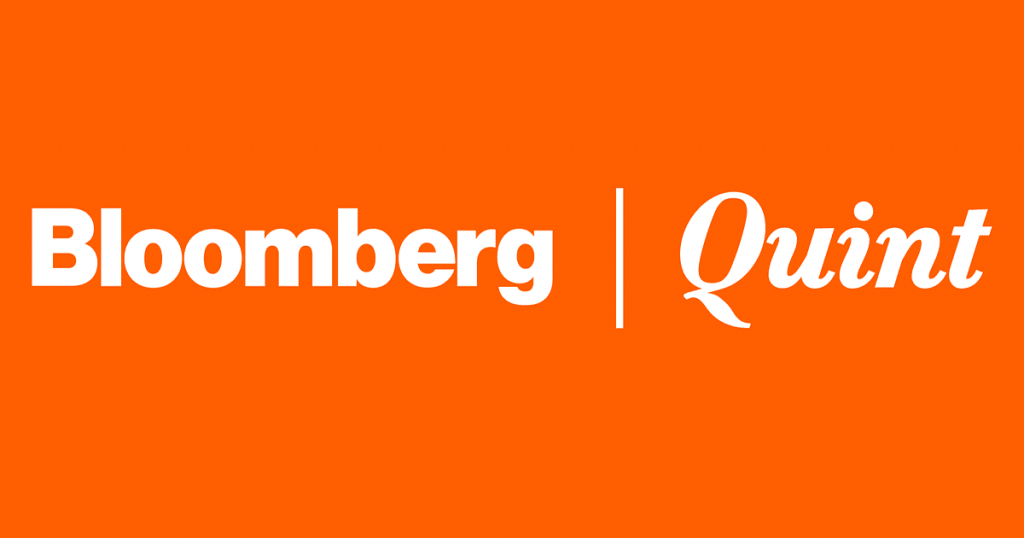(Bloomberg) — President Donald Trump and Senate Majority Leader Mitch McConnell will come “on board” with a $908 billion package to provide pandemic relief, according to a member of a bipartisan group that’s seeking legislation before the end of the year.
“President Trump has indicated that he would sign a $908 billion package — there’s only one $908 billion package out there and it’s ours,” Senator Bill Cassidy, a Republican from Louisiana, said on “Fox News Sunday.” “The pain of the American people is driving this and I’m optimistic that both of those leaders will come on board.”
House Speaker Nancy Pelosi and Senate Democratic leader Chuck Schumer have endorsed using the bipartisan proposal as the basis for negotiations. A bipartisan group of 10 senators that’s been holding talks for the last two weeks will have another call on Sunday, Democratic Senator Mark Warner said on CNN’s “State of the Union.”
Senator Dick Durbin, an Illinois Democrat involved in the talks, said negotiators “have a lot of work to do and just a few days to do it.”
“This is our last chance before Christmas and the end of the year to bring relief to families across America in the midst of a public health crisis,” Durbin said on ABC News. “We’ve got a few remaining issues. I think we can work them out.”
House and Senate negotiators said there is a sense of urgency to get something passed. “There is absolutely no option for failure on this,” Democratic Congresswoman Abigail Spanberger of Virginia, part of the Problem Solvers Caucus in the House, said on “Fox on the Hill.”
“We don’t have a choice now, it’s one of those things that has to be done,” Democratic Senator Joe Manchin of West Virginia said on NBC’s “Meet the Press.”
A final version of the proposed legislation could come early this week, Cassidy said.
A key sticking point is whether to provide liability protection to businesses whose workers fall ill to the coronavirus. Critics have said some companies, like meatpacking plants, shouldn’t be protected if there are indications they didn’t take adequate precautions. Cassidy said small companies could be driven out of business just from the cost of the gathering and exchanging evidence.
“There has to be some liability protection,” Cassidy said, citing what he described as ambiguity about the need for mask-wearing from health experts early in the pandemic.
He said the bill extends unemployment benefits and lengthens a moratorium on evictions with aid given to landlords, but there’s no plan to include another $1,200 stimulus check to help the economy.
“This is not a stimulus bill but a relief bill,” Cassidy said. “There may be a stimulus check, but that would be part of a different piece of legislation.”
Durbin said the last round of $1,200 checks cost $300 billion, so it couldn’t be included when the mandate was to limit the total proposal to $900 million.
“The Democrats have always wanted a larger number, but we were told we couldn’t get anything through the Republicans except this $900 billion level,” Durbin said.
While President-elect Joe Biden has said another round of stimulus will be needed in the New Year, Cassidy said that will depend on the vaccine and whether it’s changing the trajectory of the pandemic. Durbin said once vaccines are being administered, Congress will have a “much better view of where we’re going with this national pandemic.”
“If the vaccine is being deployed and infection rates are falling, stores are reopening, small businesses are flourishing, we don’t” need another spending bill, Cassidy said. “But if the infection rate continues to climb, we may.”
